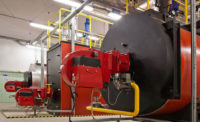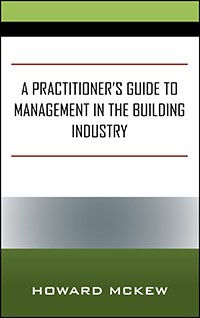Specifically, at $62,655, engineering tops seven other categories when it comes to majors and average starting salary. Computer science places a re-spectable second at over $59,000, while the ever-popular business major takes show at just under $54,000. The remaining five categories — health sci-ences, communications, math and sciences, education, and humanities and social sciences — round out the field in that order. Of those, only humanities/social sciences comes in with an average beneath $40,000.
Of course, if you’re like me, you finished reading that and thought, “Yeah, but there are a lot of different types of engineers.” Which is why the BLS was kind enough to provide Table 6, that breaks down engineering and architecture categories not only by wage but by projected job openings from 2010-2020.
The good news for young engineers is, once we get into the intra-engineering competition for employment, mechanical engineering projects the second-largest amount of projected job openings at 99,600. Only civil engineering shows better prospects at just over 104,000. After those two, we see a precipitous drop to 57,500 for industrial engineers. If you’re curious, architects come in fourth, at 50,900 jobs open in this timeframe.
What? Oh, right, the money. Among this group, petroleum engineers take the crown far and away, with a starting average of over $130,000. Aero-space, nuclear, and computer hardware engineers bunch up around $100,000. Meanwhile, the aforementioned mechanical and civil engineers each come in around $80,000. Comparatively speaking, that puts mechanical engineers 12th out of these 20 categories.
So you can pass that along to any young adults mulling over their choice of undergraduate major. Engineers in general have a pretty decent rate of employment within a year of graduation (only 7% unemployment), and this data refers to 2007-2008 graduates. Related, who had the worst employment rate? It saddens me to say it as a graduate of a fine liberal arts college, but the Humanities category weighed in at close to 13% unemployment a year later. If acquiring a steady paycheck to avoid lingering in the parents’ home is a top priority, tell those youngsters to go into teaching. Not only will they shape young minds, but education majors had an unemployment rate of under 6% within one year of getting their degrees.
Dig into the complete data and BLS commentary to your heart’s content by inspecting the actual report, found online at www.bls.gov/opub/ooq/art03.pdf.
AUTHOR, AUTHOR
The summer has been hot but hardly lazy around here, and I want to mention this month’s trio of feature authors for various reasons. You recognize Kevin Dickens as a regular data center guru around here, and he really went the extra mile this month, e-mailing with us from just off the Asian mainland to wrap up the article. You also may know Jeff Seewald, key coordinator of our past conference content, bringing you a useful BAS case study. And bioscience veteran Norm Goldschmidt gave the issue a critical boost when he signed on to add some mythbusting expertise regarding pharma HVAC. Thanks to all three for overcoming various plot twists in the name of helping you do your job better.






